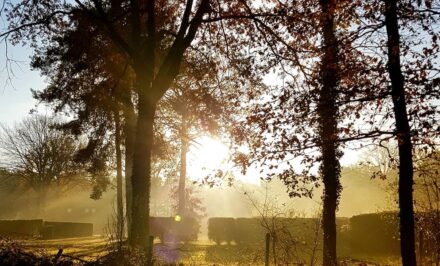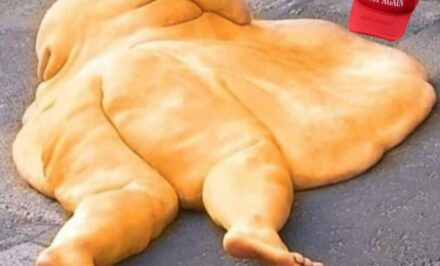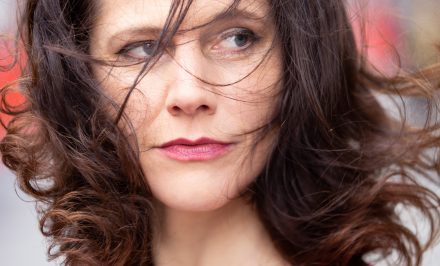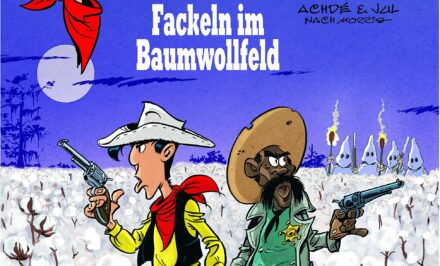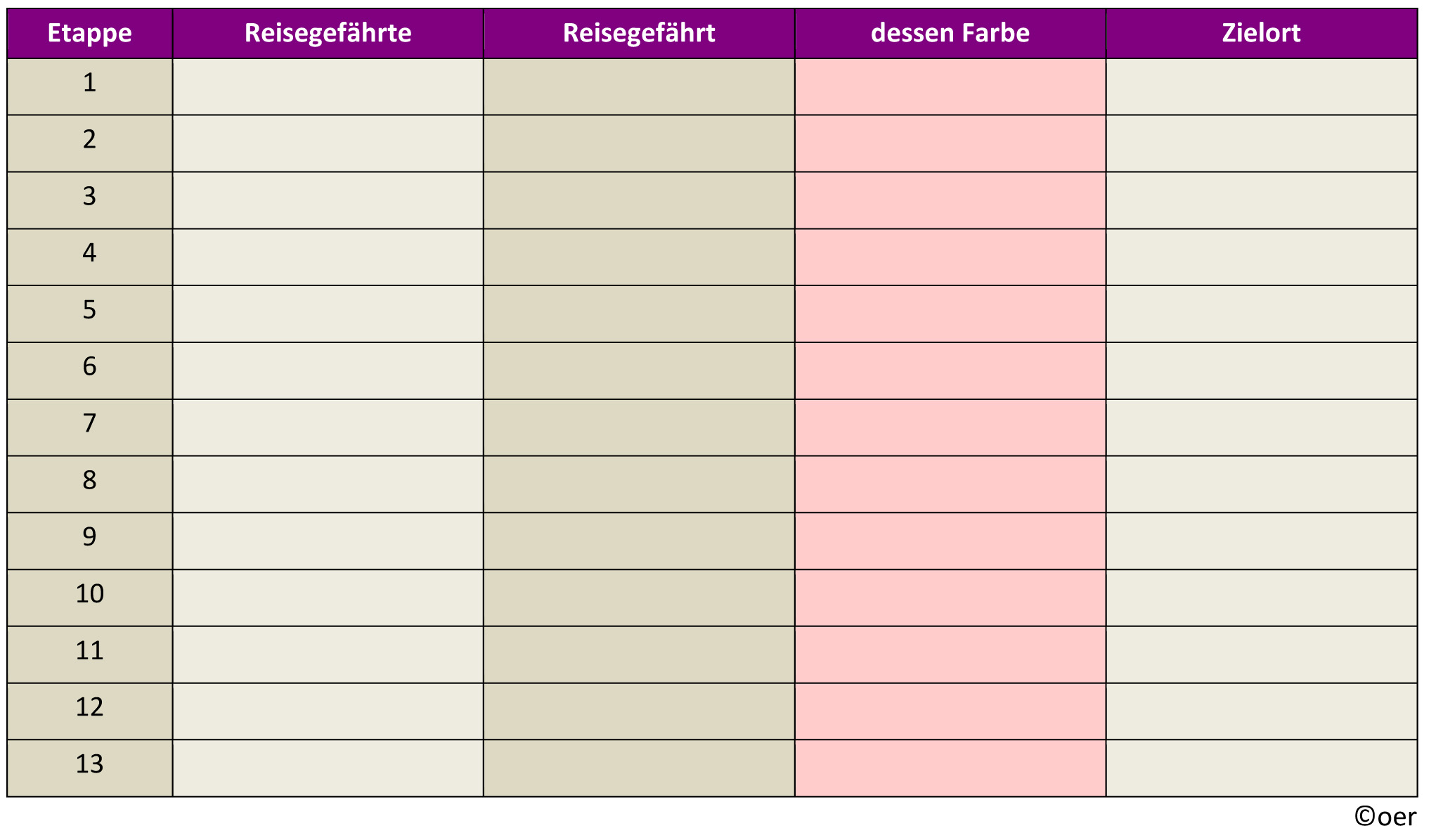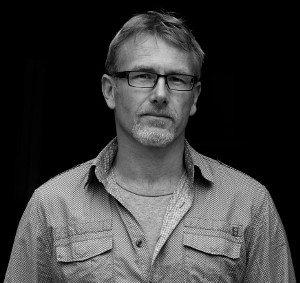
Why not plan your own trip to Australia?
I have begun to read fiction geographically. Picking a country and then immersing yourself in its literature has a lot to be said for it. Like a slow bicycle tour from one small town to another there is enough time to get to know the countryside well. There is the opportunity for unplanned trips down lanes and byways not always obvious on the tourist maps. People you meet on the way, often locals and well informed, suggest places they think you might like to go. They chat to you about mountains, beautiful rivers, or mention in passing strange houses built by eccentrics or the raving mad. They give you hand drawn maps to vistas that can only be seen from certain places, and at specific times of the day.
Australia has been my destination of choice for some time now; an extended working holiday, if you like. It’s been well worth while, so much so that I would recommend it to anyone. Only three hours away by airplane, Australia is a logical first step for a New Zealander like me looking to explore beyond the intellectual shores of my own isolated islands. Although the New Zealand education system nudges young readers further afield, generally toward England and perhaps later America, I think there is a lot to be said for making an extended first stop in Australia.
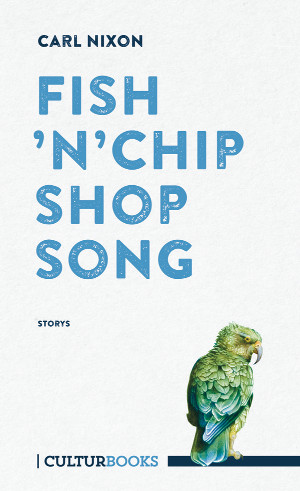
There is a boldness to the way Australians conceive their story telling that makes New Zealand’s own fiction look conservative and unadventurous, I dare say, even timid, by comparison. With a few exceptions – Witi Ihimaera, Alan Duff, Maurice Gee – here in Aotearoa we seem concerned that our fiction might somehow give offence. We’re not big boat rockers or revisionists. New Zealand’s authors generally stick to the contemporary and the psychological. Most of our literature is also strictly realist. In contrast Australian authors seem, to me anyway, to be braver, both in their choice of subject matter but also of structure and style. There’s a ‘why the hell not?’ attitude. An ‘I’ll just give it a go’ swagger. Show them the way to do something and it’s as if the inner larrikin in the Australian writers says, ‘Bugger that. Here’s what I’m going to do instead.’
They are undeniably unafraid to wrestle with the past: they grapple with the facts; interrogate the perspectives of the official narrative; even brazenly reinvent. There is a determination to keep the past vivid and in front of the public eye. Perhaps it is Australia’s history itself that lies at the root of this engagement with the last two hundred and fifty years. Look at the raw material – a story teller’s dream! The place is a vast sub continent of extreme conditions and temperatures, ‘hidden in the summer for a million years’ as the 80s pop anthem Great Southern Land tells us. They have animals so exotic that when examples were first shipped back to European museums, they were deemed to be impossible, a stitched together joke. Modern Australia also has its beginnings as a brutal penal colony for England. That’s got to stay deep in the cultural psyche. Not to mention a bloody, some say genocidal relationship, with the First Peoples, whose own occupation goes back 45,000 years. It’s frontier stuff. And like the wild west of the United States of America, I think it has produced an eyes-on-the-horizon / strike out alone mentality that enables great stories to be written.
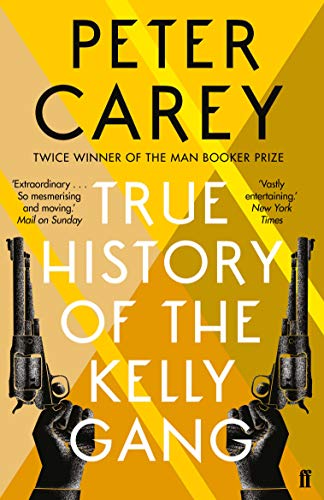
I don’t claim to be an expert on Australian literature. Like most tourists I’ve simply gained some impressions during my stay; that’s probably the most I can claim. I would, however, confidently recommend starting any tour with Peter Carey. Illywacker (which means trickster or con man) and Oscar and Lucinda are both wonderful explorations of Australian history as well as being cracking good yarns. His True History of the Kelly Gang is also one of the best first- person narratives I’ve read, and a bold retelling of a potentially stale story. Tim Winton, the great West Australian wordsmith is another worthwhile destination.
The modern Australian classic Cloudstreet is an epic tale of two working-class families that stretches over 40 years. It’s told with poetic beauty in a way that always draws the eye back to the sea and the rivers and the bush. There’s a haunted house, a bird that shits coins and a talking pig – what more could you want? For a more focussed character study, his wounded Australian-abroad novel, The Riders is a cracking tale; not quite a thriller, but damn close. If you just want a taster, or if short stories appeal to you more than novels, Winton’s collection The Turning is fantastic.
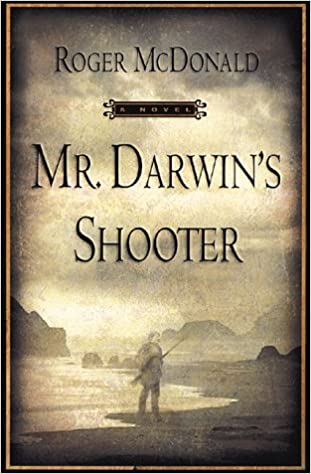
Robert Drew is arguably less well known. The Drowner is a marvellous historical romance – a tale of passionate love set against the backdrop of the attempt to bring water to the desert in the late 1800s. Drew’s The Savage Crows is also very good at addressing the extermination of the native people of Tasmania by settlers. Be warned though, it’s naturally bleak stuff, but essential reading for any explorer of ‘The Lucky Country’ (lucky that is if you weren’t black and living there first). The similarly themed, The Secret River by Kate Granville is also a fist-class place to stay for a night or two. I’d also like to heap praise on Roger McDonald’s novel Mr Darwin’s Shooter, which imagines the life of a crew member on the Beagle and servant to Charles Darwin. It’s detailed and poignant. Another favourite Aussie author is Murray Bail whose collection The Drover’s Wife and other storiesis funny and idiosyncratic. His novel Eucalyptus is both of those things – as well as being a daring contemporary reimagining of a fairy tale. Gerald Murnane’s novel A Season on Earth is hilarious. Finally, for those of you who think literature and the crime genre seldom if ever overlap, I urge you to spend time with Peter Temple and his novels Truth and The Broken Shore.
Australia is a big country. There’s a hell of a lot to see. The tourist’s eye is selective; some like visiting Cathedrals, others enjoy waterfalls. One person’s fascinating discovery is another’s dreary afternoon. I’ve avoided recommending visiting the older, well trod attractions – Patrick White, Neville Shute, Thomas Keneally. You’ve probably been there before. But of course they’re always worth revisiting. I’m also very testosterone heavy in my choices – that’s just me. An alternative map of female Australian writers is there to be written. I hope at least I’ve given you a few places to check out no matter what your preference. Why not plan your own trip to Australia? Who knows where the journey will lead.
Myself, though, I’m off to Ireland next. I started at Roddy Doyle and Anne Enright, but recently have trundled on to Kevin Barry and Dermot Healy. The scenery is breath-taking. There are a lot of pubs. So far I’m having a ball. Wish you were here.
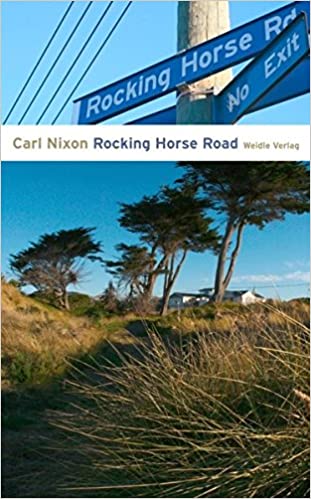
Carl Nixon lives in Christchurch, New Zealand He has a Masters in Religious Studies from the University of Canterbury. He is a full-time writer of novels, plays, and short stories. His plays have been performed in every professional theatre in New Zealand. They include both comedy and drama. His short story collection, Fish “n’ Chip Shop Song and other stories was published in Germany by Culturbooks in 2019.
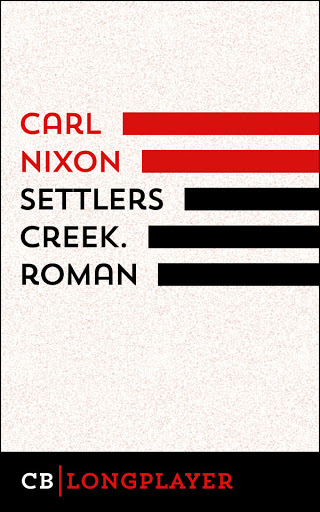
His novels have been published in New Zealand and in translation in Germany, France, Taiwan and China. His first Rocking Horse Road was published in Germany by Weidle Verlag in 2012. It appeared on several lists of top crime novels of the year (CulturMag review by Alf Mayer here: We, the living). His other novels are, The Virgin and the Whale, published in Germany as Lucky Newman and Settlers’ Creek. His latest novel The Tally Stick is to be published in New Zealand in August. Further editions are planned for Germany through Culturbooks (als Das Kerbholz, Herbst 2021), also France, The United Kingdom and United States.

